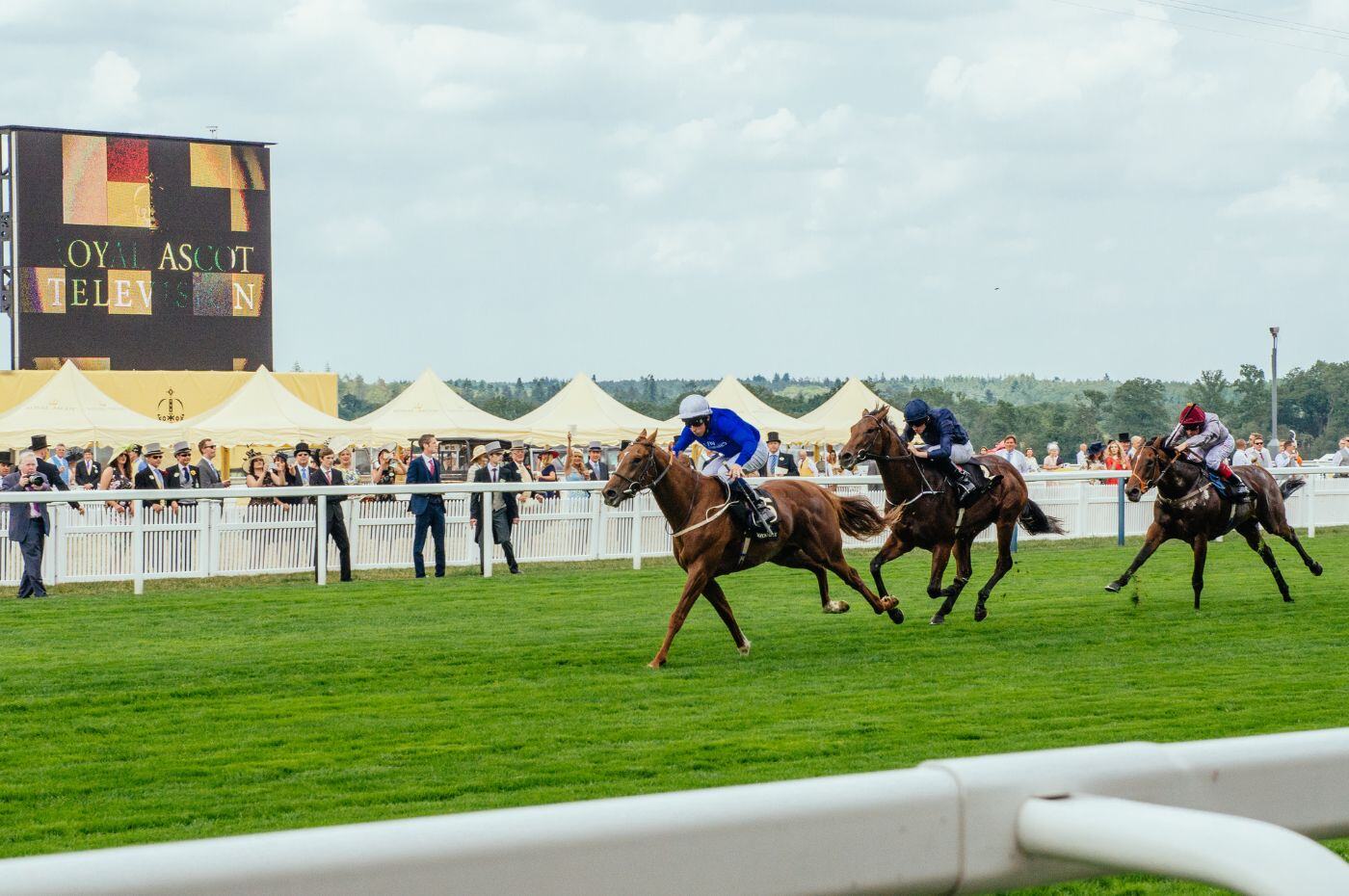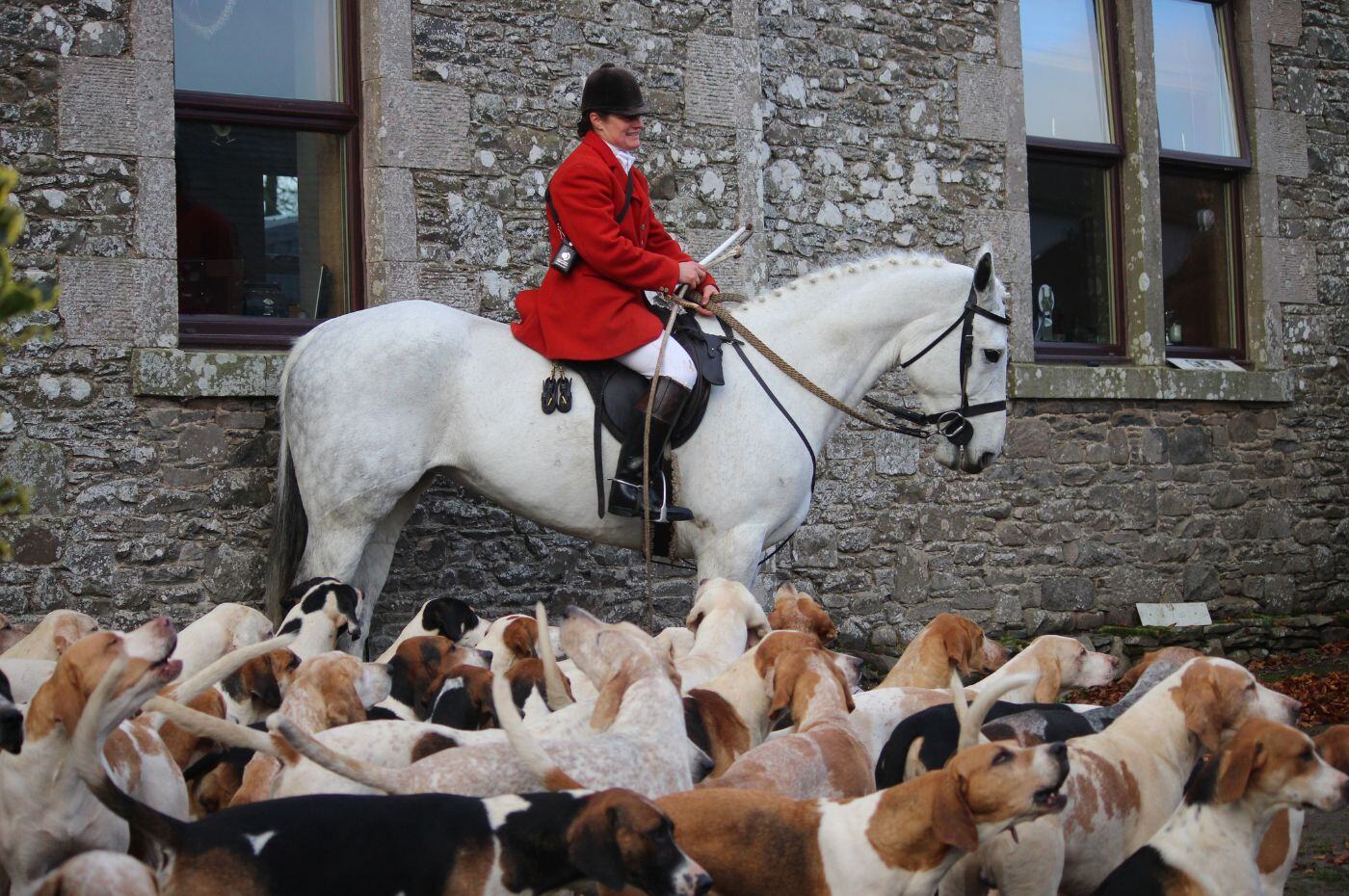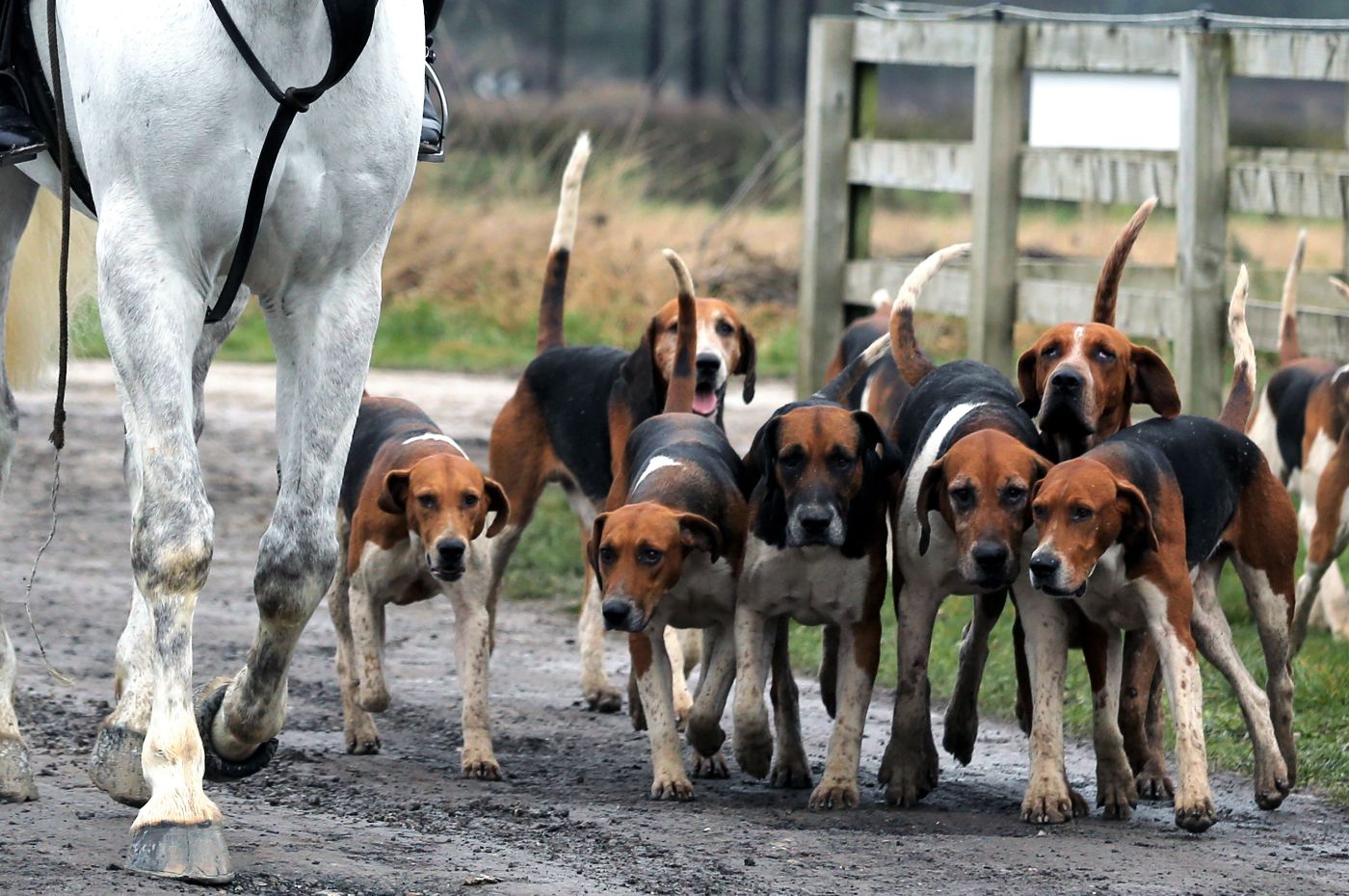A legacy of leadership: Claire Bellamy MFH retires
As one eminent female huntsman retires, Polly Portwin finds out more about...
View Details
Racing and point-to-pointing is high risk, so it’s important that those who ride and work with the horses and sustain the racing industry are supported. In this article from My Countryside magazine, Camilla Swift talks to two charities which provide help.
Horse racing is a multimillion-pound sport; it is the UK’s second largest sport in terms of attendance and revenues, and one that supports over 85,000 jobs. There are rich and glamorous owners, including kings and queens, sheikhs and billionaires, and famous jockeys have become household names.
But what about the people working behind the scenes? The yard staff, the work riders who ride the horses daily; the ground staff, and the jockeys, both amateur and professional? What help and support do they receive throughout their careers – and beyond? We mustn’t forget that racing and point-to-pointing, being fast paced and adrenalin driven, can be dangerous sports for anyone who rides these horses, or works with them on the ground.
There are several charities which support those who work in or alongside racing, but the two largest are Racing Welfare and the Injured Jockeys Fund (IJF). “The relationship between the two charities is strong,” explains Lisa Hancock, CEO of the IJF. “They are sister charities really, but they each have their own remit. We have different ways in which we support the people on our books, but our link to Racing Welfare is really important and our teams on the ground work closely together.”
The IJF celebrates its 60th anniversary this year, and in those years has gone from strength to strength. The charity has three rehabilitation centres – Oaksey House in Lambourn; Jack Berry House in Malton; and Peter O’Sullevan House in Newmarket.
“Our resource and our service has grown quite considerably during that period, so we have become far more than a pastoral welfare charity. We have an expert rehabilitation arm and we have become a bit of a specialist charity for rehabilitation in this country,” explains Lisa. That support is offered not only to all licensed jockeys (including amateurs and point-to-point jockeys), but also to former jockeys and their families.
While jockeys are the focus of the IJF, that’s not to say that other people and organisations don’t benefit from the work they do. As they have developed specific areas of expertise, they are able to share that knowledge throughout the equine sector. Last year, the IJF held a concussion event which was open to the entire equine industry, with people from the worlds of dressage, mounted games, showjumping and eventing attending.
“We have done a lot of work on the government guidelines for concussion management, so we were able to offer our expertise and our advice to that wider audience,” continues Lisa. “I hope that our understanding of falls and injuries from a horse can extend not just through racing, but also out to other equine industries.”
Racing Welfare has responsibility for around 20,000 people who are directly employed across racecourses, training yards and breeding operations in the UK. In 2023, 2,468 people directly employed in the British racing industry were supported by Racing Welfare and we are delighted that Racing Welfare will be the nominated charity at the Countryside Alliance’s lunch and auction on Countryside Day at Cheltenham’s November meeting.
Chris Phillips, who worked for trainer Ron Smyth in Epsom from 1968 to 1975, is one of the former racing staff who benefits from the community events run by Racing Welfare, which are an opportunity to check in on fellow industry veterans. “Several of us girls left racing to bring up children, so fast-forward 50 years and I have acquired a lovely circle of friends. We meet up once a month for coffee mornings, and it’s lovely meeting ‘lads’ you never thought you’d see again! Some are over 90 years old but can still relate stories from the old days when there were hundreds of horses in training in Epsom,” she explains.
Nick Bannister, currently the chairman of Haydock Park Racecourse and former chairman of The Countryside Alliance Foundation, was appointed the new chair of Racing Welfare on 26 June. As well as being closely involved in racing himself (he refers to himself as having once been “a rather moderate jockey”, as well as having been an owner for many years), his son, Harry, is a professional National Hunt jockey.
Harry has had his own experiences of the work of the IJF, after a terrible fall at Stratford left him with a dislocated hip which required multiple surgeries and stopped him from riding for more than three months. Being close to Lambourn, he was able to use the facilities at the IJF’s Oaksey House, which he says, “helped the sanity” and his physical recovery – with the hydrotherapy pool, the gym and the physiotherapists and other specialists on hand helping to make sure he got back to race riding as soon as possible.
With such a wide range of former and current racing staff on their books, Racing Welfare has two main functions: responding to crises, and taking preventative actions which can hopefully help prevent the crises from happening.
Racing Welfare has a workforce wellbeing programme, which includes a 24-hour helpline which people can ring for in-the-moment support. “The support line is very important,” explains Nick. “We also have an occupational health service, which caters towards any mental or physical illness or injury which impacts a person’s ability to do their job, including assessment and funded treatment and rehab. And also mental health services, which are an important and growing issue.”
Racing Welfare has a network of Welfare Officers who work on the ground across the country. The charity is also able to offer financial assistance and has a housing portfolio of 165 houses in Newmarket, Lambourn, Middleham, Epsom and Malton.
Kimberly Jump works at a racing yard in Epsom, and last year sustained a serious injury when turning a horse out into its field. “The horse kicked the right side of my mandible and broke it. The left condyle was broken and dislocated. The right side of my mid face was pushed into my sinus cavity, and my nose pushed to one side causing breathing difficulties,” she reveals. She lost seven teeth and required a total of five surgeries overall, including fitting a prosthetic jaw. “The first contact I had with Racing Welfare was a call to their 24- hour support line in the middle of the night, on the fifth night of my stay in hospital. I needed to talk to someone who I could cry to. I didn’t want to be a burden to my friends and family and put on a brave face, but I was broken inside. I called up and spoke to a lovely lady for about 15 minutes. I cried, and let out all of the frustration, emotion and pain,” she describes. “In that moment, their support line was invaluable.” Following on from the initial call, she received counselling, monthly phone calls with occupational health, and had help from her Welfare Officer in finding courses she could take whilst in recovery. “I am now on track to do my Level 3 Racing Coach course in 2025”, she says. “The help and support Racing Welfare has given me over the past 18 months has been invaluable. Along with my own determination and the help of the wider racing community, I have come out of what could have been a career-ending injury stronger and more passionate than ever.”
As well as supporting racing staff, Racing Welfare also aims to work with trainers and those who employ staff within the racing industry. They provide support for Mental Health First Aiders and, says Nick: “I would personally like to see somebody who is trained in mental health, and in how to spot issues with staff, in every yard. The racing industry has got to embrace best practices when it comes to the way we look after staff, and that’s hugely important for everyone in racing.”

As one eminent female huntsman retires, Polly Portwin finds out more about...
View Details
In this article, first published in My Countryside magazine, Jake Swindells...
View Details
Racing and point-to-pointing is high risk, so it’s important that those who...
View DetailsWe are the most effective campaigning organisation in the countryside.
This exclusive resource is specially curated for those who share our passion for the countryside. As a member of the Countryside Alliance, you already have access. Not a member yet? Unlock this content by entering your details below to gain access to exclusive resources. Want to join a community of like-minded individuals. Explore our full range of membership options and benefits at the Countryside Alliance.